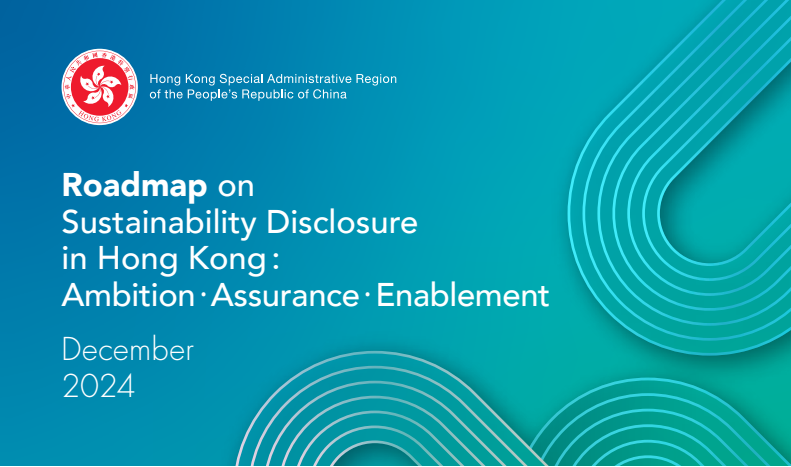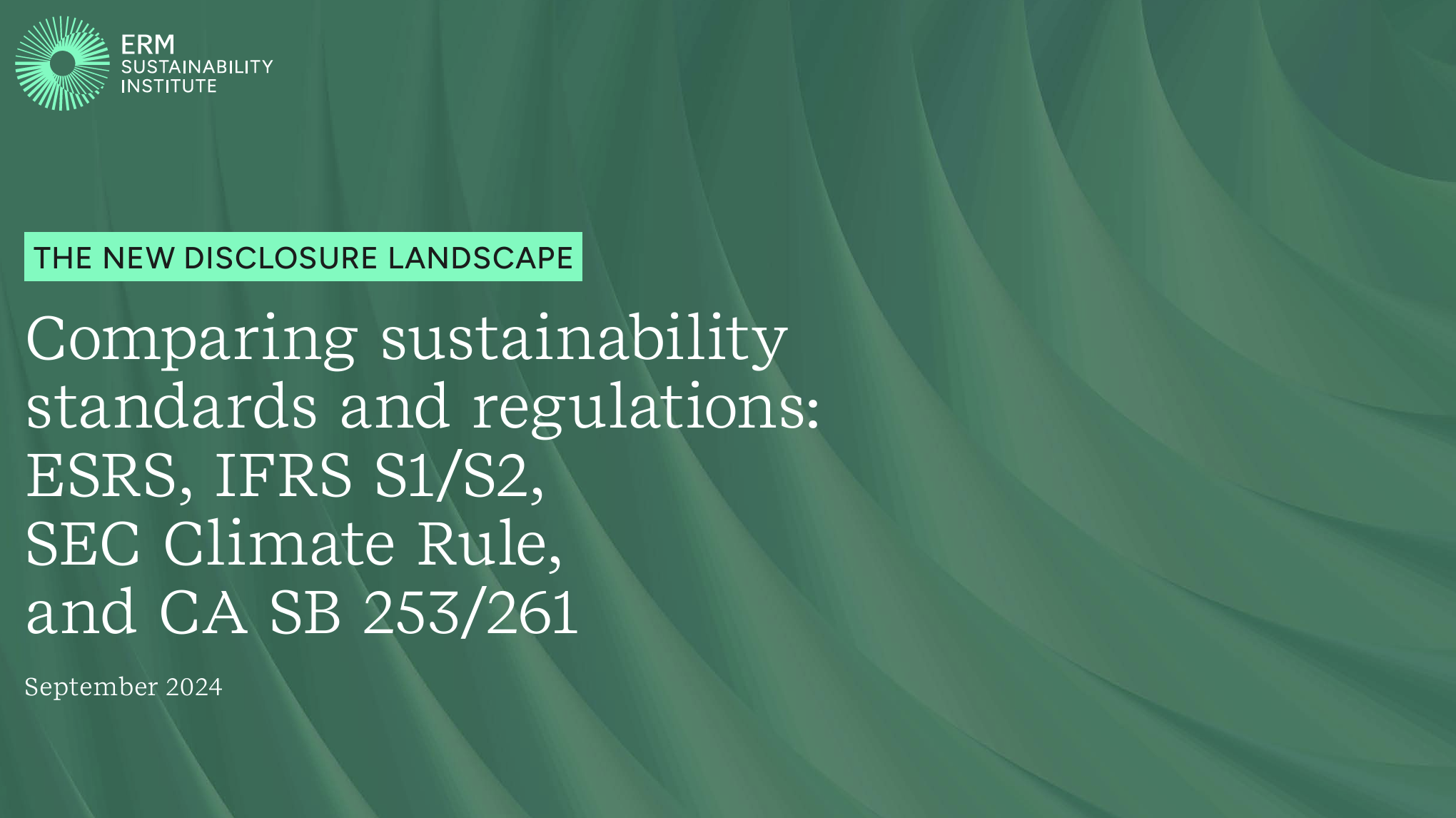Bursa Malaysia Updates ESG Reporting Requirements in Line with IFRS International Standards
Bursa Malaysia is introducing new ESG reporting requirements for listed companies to enhance transparency and align with global financial reporting standards. Starting in January 2025, companies with a market capitalisation of over RM2 billion will need to disclose their sustainability goals, performance metrics, and climate-related risks and opportunities in their annual reports. Companies with a market capitalisation of RM2 billion or more are required to comply by 2025, while other main market issuers will need to meet the requirements by 2026, and ACE market issuers by 2027. The phased implementation will allow companies to adapt gradually, with additional measures to improve shareholder engagement and accountability in the listing process. These updates aim to improve corporate governance, boost investor confidence, and align Malaysian companies with international sustainability trends.

December 2024 — Bursa Malaysia has announced the introduction of new requirements for listed companies aimed at enhancing transparency and aligning with international financial reporting standards. These changes to sustainability disclosure requirements adhere to the International Financial Reporting Standards (IFRS) and are designed to improve corporate resilience, boost investor confidence, and enhance the comparability of reports.
Key Changes in the Updated Requirements
The updated reporting framework is now based on IFRS S1 for general sustainability-related disclosures and IFRS S2, which focuses on climate-related risks and opportunities. These standards will ensure clearer and more standardized disclosures regarding a company’s impact on sustainability, enabling both companies and investors to better assess risks and opportunities.
Disclosure Obligations
Starting from 1 January 2025, companies classified as large-cap organisations will be required to include sustainability goals and performance indicators in their annual reports. They must also disclose climate-related risks and opportunities. Initially, these disclosures will cover data starting from the 2024 reporting period. However, in future reporting cycles, organisations will be expected to provide comparative information for the last three financial years. To ensure consistency and reliability, all data must comply with the specified reporting format and undergo either internal reviews or external assurance.
Transition Period and Relief Measures for Companies
The implementation of the updated requirements will be phased. Market-listed issuers with a market capitalisation above 2 billion ringgit will begin disclosing data from January 2025. Other issuers on the main market must comply by 2026, while ACE market issuers will transition to the new standards by 2027. During the transition period, companies will have the opportunity to benefit from relief measures, particularly concerning climate-related disclosures.
To strengthen shareholder engagement, starting in March 2025, companies will be required to hold in-person or hybrid annual general meetings. This is expected to encourage more active shareholder participation in key decision-making. Additionally, from January 2, 2025, listing advisors will be required to be listed in public documents, increasing accountability in the consultation process.
Impact on Business:
- Enhancing Transparency and Trust
The introduction of these new requirements will significantly improve the transparency of corporate data, thereby strengthening investor and stakeholder trust. The clarity and standardization of disclosed information will enable organisations to demonstrate their commitment to sustainability and enhance their attractiveness to global investors focused on ESG; - Improved Corporate Governance
The introduction of mandatory practices for shareholder meetings, such as in-person or hybrid formats, will foster better engagement and higher levels of accountability at all levels of the company. This also promotes a stronger corporate culture and adherence to governance norms; - Global Integration and Preparation for Future Changes
Importantly, these updates are closely aligned with international standards, helping companies prepare for global changes in sustainability and climate reporting. The application of IFRS standards and an improved strategic approach to sustainability will ensure competitiveness on the global stage and help companies stay at the forefront of global reporting changes; - Simplifying the Transition Process for Companies
The transition period and relief measures for disclosures provide companies with the necessary time to prepare and adapt. This step by the exchange helps reduce the burden on organisations while maintaining a high level of commitment to the new standards.
Conclusion
The update of Bursa Malaysia’s requirements is a step towards improving corporate resilience, streamlining the reporting process, and strengthening investor trust. These changes create a new dynamic in the stock market, which not only aligns with global trends but also fosters greater mutual accountability between businesses and their stakeholders. For companies, this is an opportunity to improve corporate governance, enhance transparency, and ultimately strengthen their market position.



